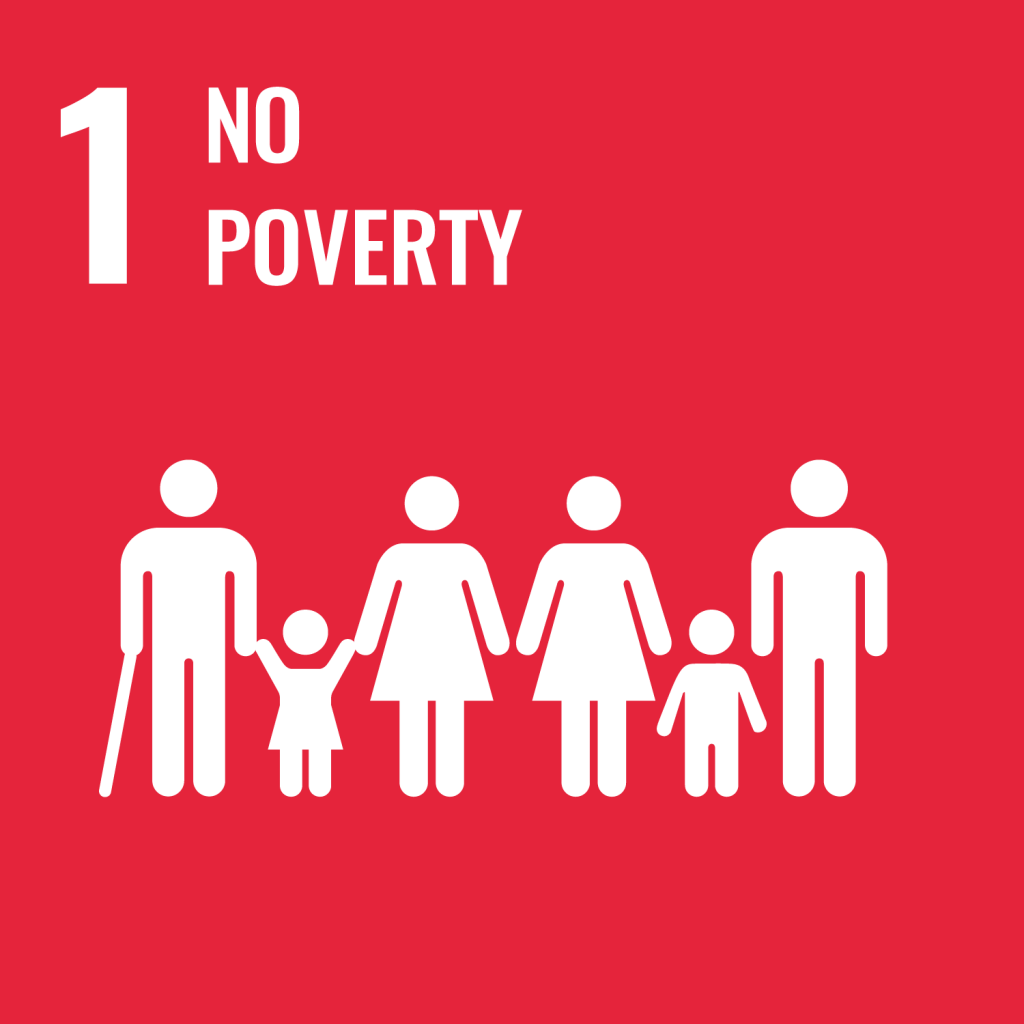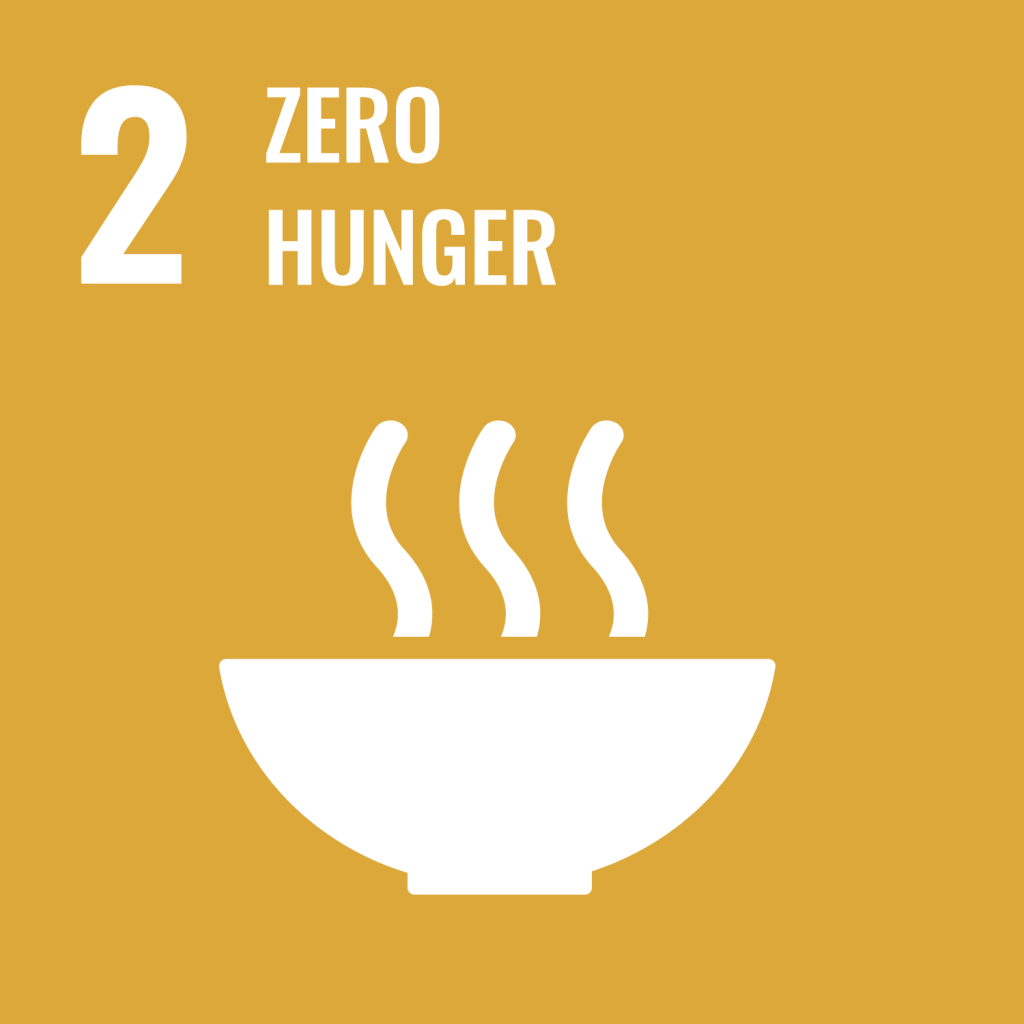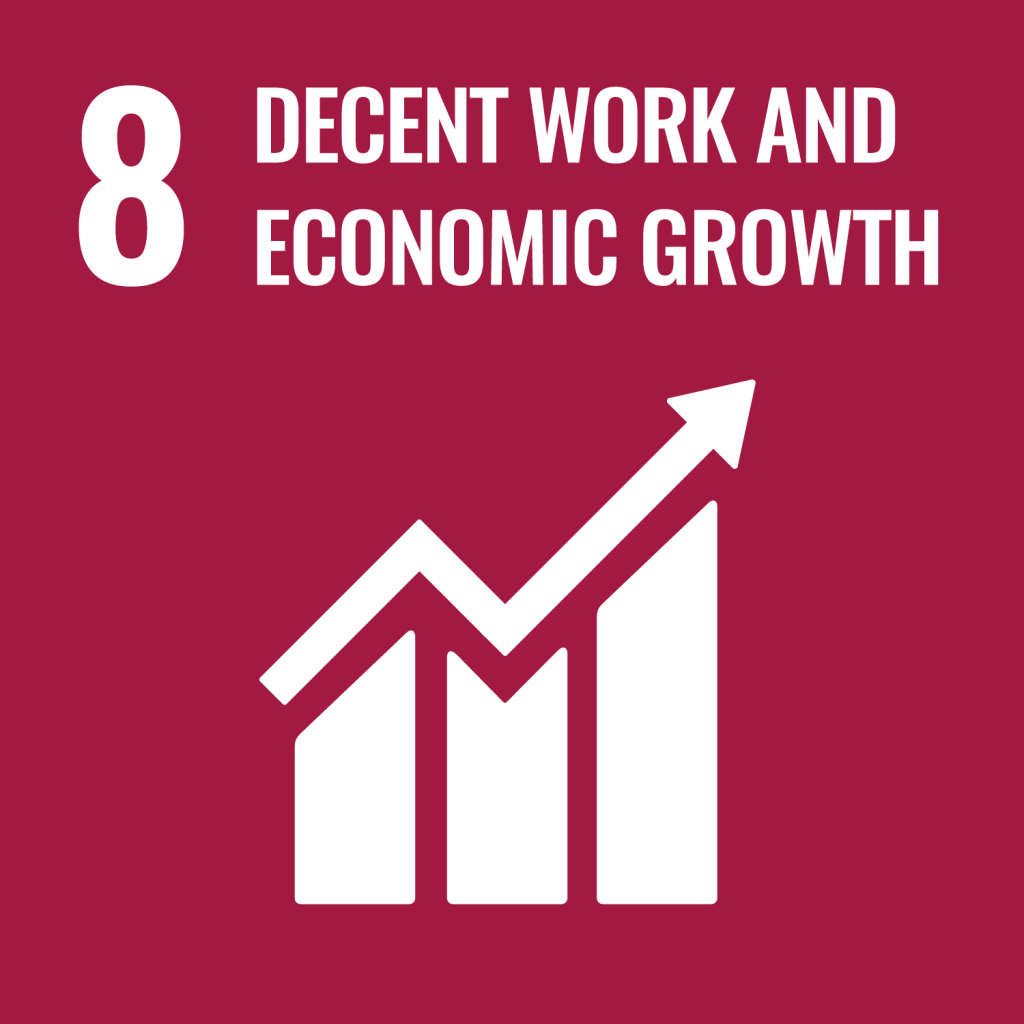Pancho Maiz y Maizontal
Micro (1-9)
Service
Food & Beverage
Lesson
Developing custom products or services that promote or support locally at-danger natural resources can become an important avenue to assure the continuation and protection of local biodiversity, cultural heritage, and community livelihoods. Small businesses as ideal places to establish local relationships and harness knowledge from their suppliers to develop innovative ways to introduce new products to the market but also highlight the value of the inputs used in the process. In particular, in Latin America and other global south regions, micro-farming family operations are unique depositories of historical and traditional crops, knowledge, and practices that can inform new sustainability initiatives.
Background
The restaurant and store are dedicated to the rescue, transformation, and dissemination of native corn from the Yucatan Peninsula in Mexico. From a process of selection and direct purchase with micro-producers in the region, they buy the corn that is left over after sowing for self-consumption, collecting in different towns to consume it, and transform it in Mérida. The restaurant acts as a nixtamal, since all the corn processing is carried out there. It is cleaned, bagged, and stored until its transformation into products for direct consumption in the restaurant or at home. Pancho Maíz was founded by professional female chefs who, faced with the lack of quality corn dough in the city’s restaurant market, decided to go directly with the producers in the towns of the region.










Sustainability Story
Working in a well-known restaurant in Mérida, the founding Chefs encountered a lack of quality corn dough for the restaurant market in the city. On a visit with beekeepers from the region, they found a community corn mill among small towns, where they were educated on the regional process of transforming corn by micro-producers who dominate the region. The custom is that the women take the corn grown for self-consumption to the communal mill, grind the product, and nixtamalize it daily for family consumption. From this accidental encounter with the process of production and consumption by farmers in the region, who follow the pre-colonial process of sowing in milpa: rotating crops of corn, squash and beans for the nutritional balance of the farmland, the chefs began their research and education process in the different native agro-food products, types of processing of agro-food products, and recipes of traditional dishes. From this training process, the chefs reaffirm the need to preserve this knowledge and the quality of the food products made from these traditional processes. To do so, they decided to open the Pancho Maíz restaurant and store to recover these products and knowledge and bring them directly closer to the consumer.
By recovering the surplus production of native corn species from the micro-producers and offering them a payment above the market average, the micro-producers can continue with the agro-production of these native species from an agricultural process that does not erode the soil, and without the use of polluting agrochemicals. They also educate the consumer about these processes, and the value that both the processes and the products they consume hold. To strengthen accessibility to food products, for the transformation of supplies dedicated to distribution with third parties, they recovered the basic industrial equipment from another tortilla factory and generated the Maizontal brand, which is distributed in hotels and restaurants in the area.
Pancho Maiz y Maizontal Practices
| Fair trade local-to-local | Native crop protection and recovery (Nourish Seed Biodiversity) | Sustainability education to local market |
|---|---|---|
| Fair trade process with local micro agro-producers. | Process of transformation of the agro-food product. | Cultural and environmental education. |
Pathway Map
Fair Trade
View the Pathway MapNourish Seed Biodiversity
View the Pathway MapEnabling Factors for Practices
| Internal to the organisation | External to the organisation |
|---|---|
| Owners' view of the sales value of native products and processes. | Voluntary advice from specialists in digital communication. |
| Technical knowledge of industrial food processing. | Voluntary advice from a specialist in agronomy. |
| Voluntary consultancy of specialist in business administration. |
Arresting Factors for Practices
| Internal to the organisation | External to the organisation |
|---|---|
| Lack of knowledge of the corn storage process. | Lack of effective support for agro-producers in the region to regularize their tax situation. |
| Lack of knowledge of communication strategies. | Lack of consumer knowledge of the existence and value of native corn. |
| Limited financial capital. | Lack of transparency and justice in the process of distributing support to producers and entrepreneurs in the region. |
